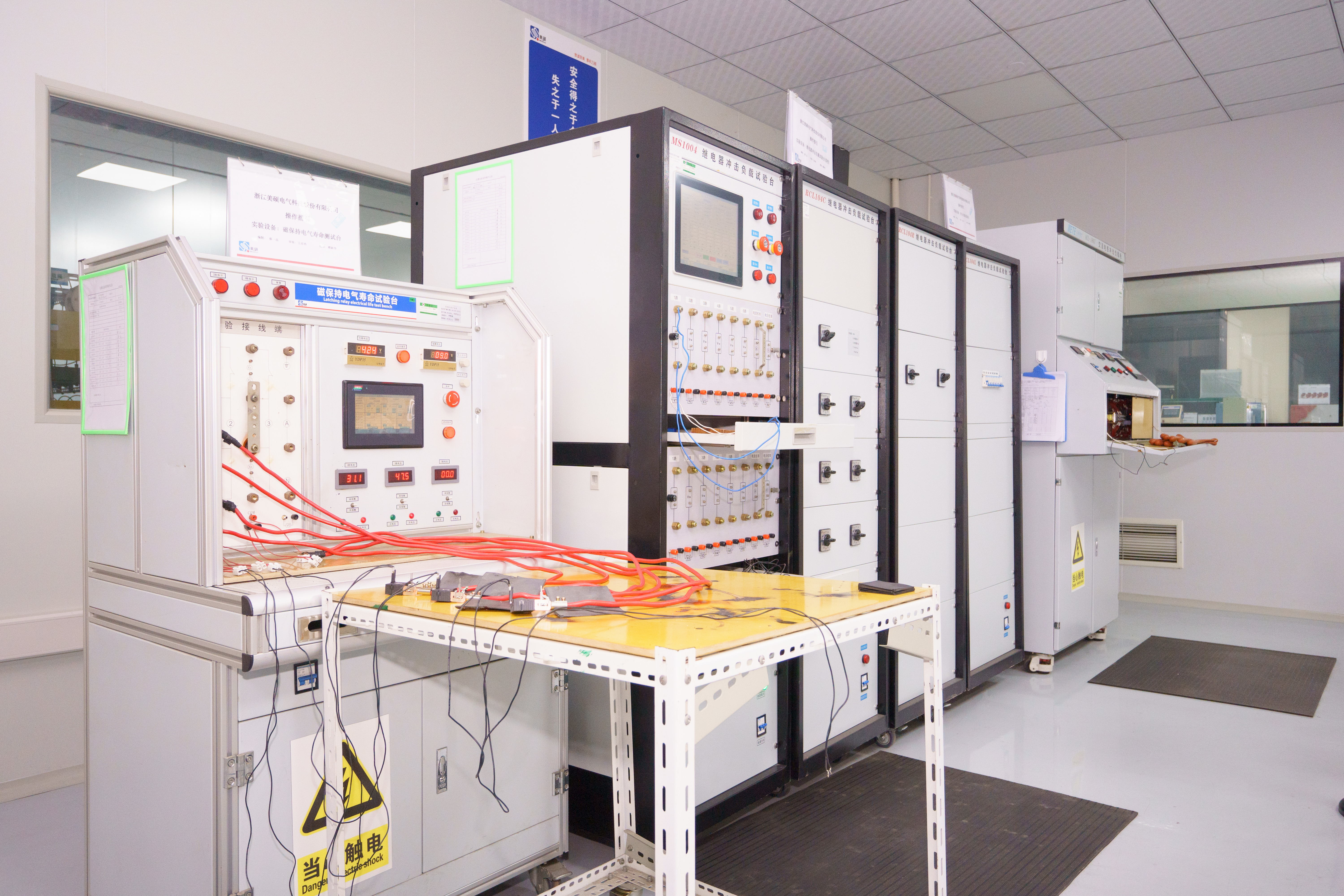relay lifespan testing: ensuring reliability with meishuo
Release time:2025-05-04 08:36:07
Relay lifespan testing is an essential process for evaluating the durability and performance of relays used in a wide range of industries, from automotive to telecommunications. A relay is an electromagnetic switch that opens or closes circuits in response to an electrical signal. As with any electronic component, relays have a limited lifespan, and understanding how long they can perform optimally is crucial for maintaining reliability in any system. Among the leaders in ensuring relay quality and performance is Meishuo, a company known for its high-precision testing equipment and methods.

Understanding Relay Lifespan
The lifespan of a relay refers to the number of operational cycles (open and close) it can undergo before failure. This is determined by factors such as the quality of the materials used, the design of the relay, and the operating conditions. In industrial applications, relays are often subjected to thousands, or even millions, of cycles, which means they must be tested rigorously to ensure their reliability over time.
Relay lifespan testing typically involves subjecting the relay to various simulated working conditions to measure its performance and determine its endurance. These tests can be divided into mechanical and electrical tests. Mechanical tests focus on the physical actuation of the relay, ensuring that it can open and close without mechanical failure. Electrical tests, on the other hand, examine the relay's ability to handle different voltage and current loads without degrading its functionality.


